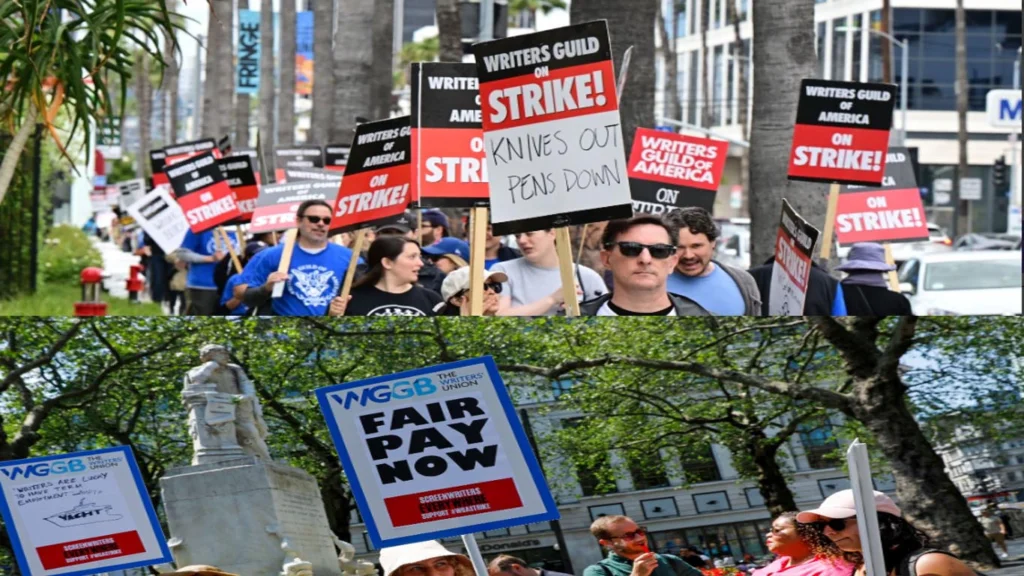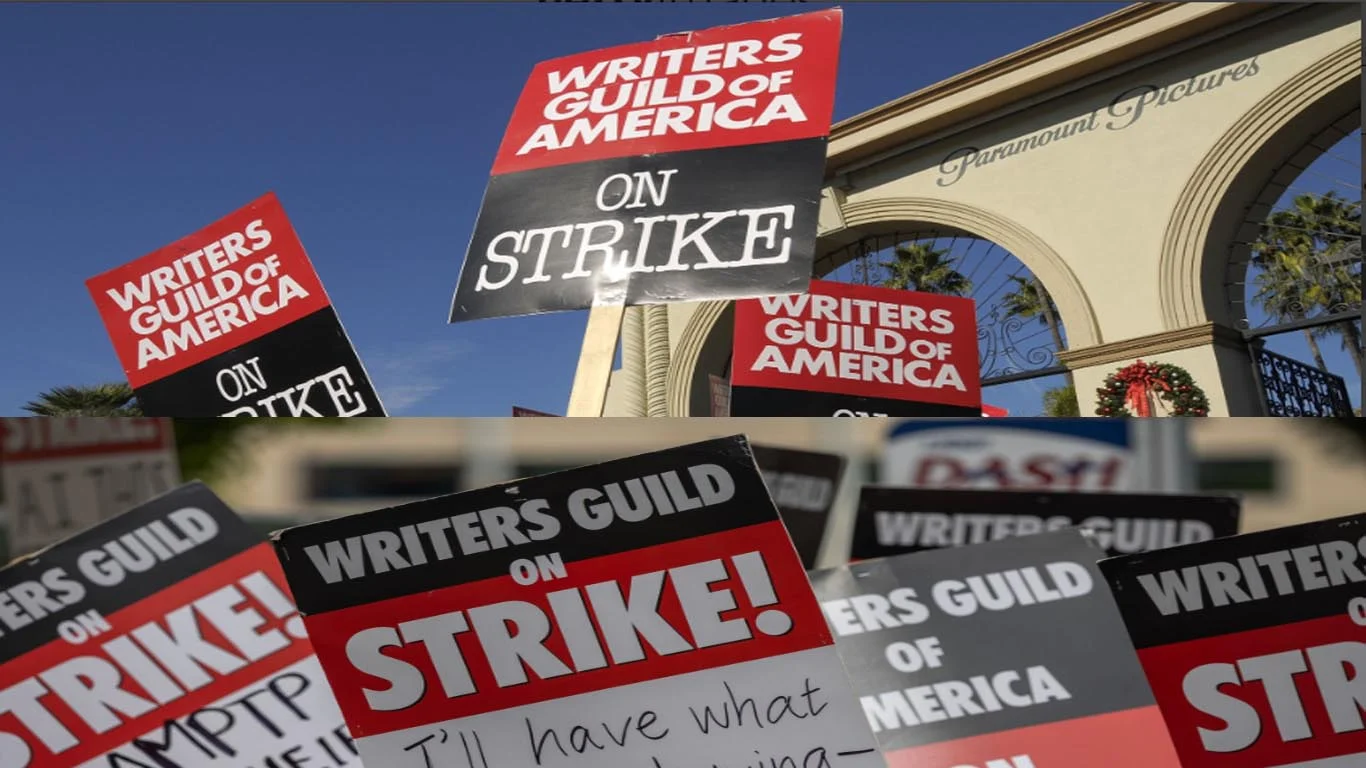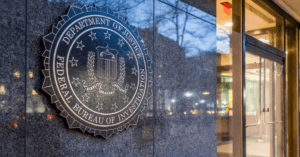There has been notable advancement in the negotiations pertaining to the Hollywood Writers Strike; however, a definitive agreement has not yet been reached. The third consecutive day of negotiations between the studios and the union concluded without reaching a consensus. Discussions persisted on Saturday.
The marathon negotiations between Hollywood studios and striking screenwriters concluded on Friday night after a consecutive third day, unfortunately without reaching an agreement. However, three individuals who were informed about the discussions have reported that significant advancements were made by both parties.
The sides reconvened on Saturday.
The Friday session commenced promptly at 11 a.m. Pacific time within the suburban Los Angeles headquarters of the Alliance of Motion Picture and Television Producers, an organization entrusted with bargaining on behalf of prominent entertainment conglomerates. Continuing the trend for the third consecutive day, numerous influential figures from the Hollywood industry actively engaged in the negotiation proceedings, which concluded slightly after 8 p.m.
Robert A. Iger, the Chief Executive Officer of Disney, Donna Langley, the Chief Content Officer of Universal Pictures at NBCUniversal, Ted Sarandos, the Co-Chief Executive Officer of Netflix, and David Zaslav, the Chief Executive Officer of Warner Bros. Discovery, had previously assigned the responsibility of negotiating with the union to other individuals. However, their recent direct engagement, which many screenwriters and certain analysts deemed as overdue, has played a significant role in facilitating substantial progress in the ongoing discussions. These insights were shared by individuals familiar with the talks, who requested anonymity due to the sensitive and diplomatic nature of the efforts.
During the negotiations held on Thursday, the parties involved managed to narrow down their differences. Notably, they reached a consensus on the issue of minimum staffing for television show writers’ rooms, which the studios had previously been reluctant to address until the guild initiated a strike in early May.
However, the course of the Thursday session took an unexpected turn when the parties agreed to take a short break at approximately 5 p.m., as reported by individuals familiar with the discussions. The executives and studio labor lawyers had anticipated that the guild negotiators would resume the discussion on the points they had been working on earlier. Contrary to expectations, the guild presented additional requests, one of which was that the return to work for screenwriters should be contingent upon the resolution of the actors’ strike.
The Screen Actors Guild-American Federation of Television and Radio Artists (SAG-AFTRA), an esteemed association representing actors, united with writers on the designated protest lines on July 14th. Their demands surpass those of the Writers Guild, encompassing various aspects. Notably, the actors are seeking a 2 percent share of the total revenue generated by streaming shows, a proposition that studios have adamantly rejected.
Following the conclusion of negotiations on Thursday evening, the guild promptly communicated with its members via email, informing them of an upcoming meeting scheduled for Friday.
“We express our utmost gratitude for the overwhelming expressions of solidarity and support we have received in recent days. We kindly urge as many of you as possible to join us on the picket lines tomorrow,” the email conveyed.

The guild has decided to extend the picketing hours on Friday until 2 p.m., which is a departure from the usual practice of ending pickets at noon. In Los Angeles, a significant number of writers gathered outside the prominent Paramount Pictures gate, surpassing the turnout of previous weeks. The Writers Guild and SAG-AFTRA have been organizing themed pickets to maintain the involvement of their members, and the chosen theme for Friday was “Puppet Day.” Consequently, some participants not only carried picket signs but also showcased felt hand puppets and marionettes. The atmosphere was filled with optimism.
On Friday afternoon, outside the Hollywood offices of Netflix, writers participating in the picket line commenced delivering farewell speeches through the use of a bullhorn. Meanwhile, at the CBS lot in Studio City, the demonstration took on a “silent disco” theme, as numerous writers engaged in dance-picketing while donning headphones.
According to two individuals knowledgeable about the situation, the negotiations had largely resumed their intended course following the conclusion of the picketing on Friday. Regarding the contentious matter of minimum staffing requirements for television productions, both parties were engaged in deliberations concerning a proposition that entailed the employment of a minimum of four writers, irrespective of the number of episodes or the showrunner’s belief that the workload could be accomplished with fewer personnel. (Previously, the studios had advocated for a variable figure based on the episode count.)
Furthermore, the guild was engaged in deliberations regarding a proposal that entailed remunerating writers for their work through streaming services, a novel concept that had not been previously implemented. This remuneration would be in addition to the customary fees and would be calculated based on a proportion of the total number of active subscribers. Initially, the guild had requested the entertainment companies to institute a royalty payment system based on viewership, commonly referred to as a residual in the Hollywood industry, with the intention of acknowledging and compensating programs that garnered a larger audience.

The writers have been engaged in a strike for a duration of 144 days. It is worth noting that the most extensive writers’ strike to date occurred in 1988, lasting for a period of 153 days.
In a recent email addressed to the guild’s members, the negotiating committee expressed their gratitude for the remarkable display of support witnessed on the picket lines during the course of the day. They emphasized the significance of such solidarity as they persistently strive to secure a fair agreement that adequately recognizes the rightful contributions of writers.




